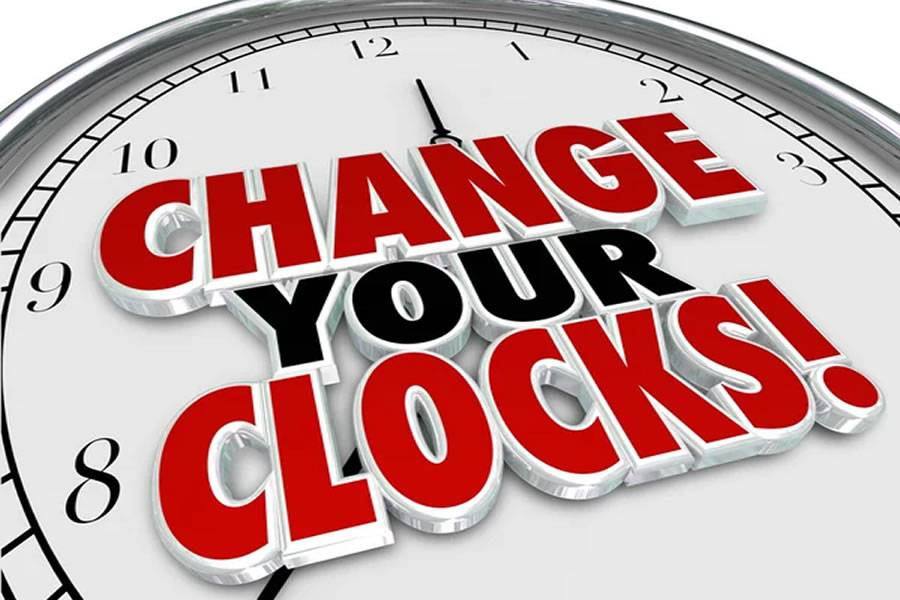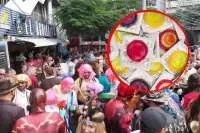Spring forward, fall back. Do the clocks change in the Canary Islands?
- 24-03-2023
- National
- Canarian Weekly
The clocks change in the UK twice a year, at the end of March and at the end of October, and this weekend they go forward an hour at 1:00am on Sunday morning (March 26th) to 2:00am. But do they change here in the Canary Islands.
Many people who holiday in the Canary Islands get confused by the fact that although the archipelago is part of Spain, which is an hour ahead of the UK, the islands are on the same timeline as the UK.
But to make things even more confusing, when you land here on holiday from the UK your mobile phone connects to a Spanish network whose default time is an hour ahead like Spain, even though the time is the same here as in the UK.
Confused yet? Well, don’t worry because the clocks go forward in Spain on exactly the same day as in the UK, which is always the last Sunday of March, meaning that the Canary Islands stay on the same time as the UK, and like the UK it will get darker later in the evenings.
Did you know?
The clocks changing can alter your metabolism and cause fatigue, and the body notices this change, for example, your work schedule remains the same, so our biological clock suffers, producing a mismatch that causes us to get up an hour earlier than usual, breaking with our sleep pattern, so that you don't get enough rest and people become depressed and tired more easily.
It is a similar effect with jet-lag when travelling by plane to a country in a different time zone. Those most affected by this time change are children and the elderly, since they are more sensitive to hormonal changes.
When do the clocks go back again?
Like the UK, and rest of the European Union, the Canary Islands will change the time again during the early hours of Sunday, October 29th, to signify the start of winter.
Other articles that may interest you...
Trending
Most Read Articles
Featured Videos
TributoFest: Michael Buble promo 14.02.2026
- 30-01-2026
TEAs 2025 Highlights
- 17-11-2025



























































